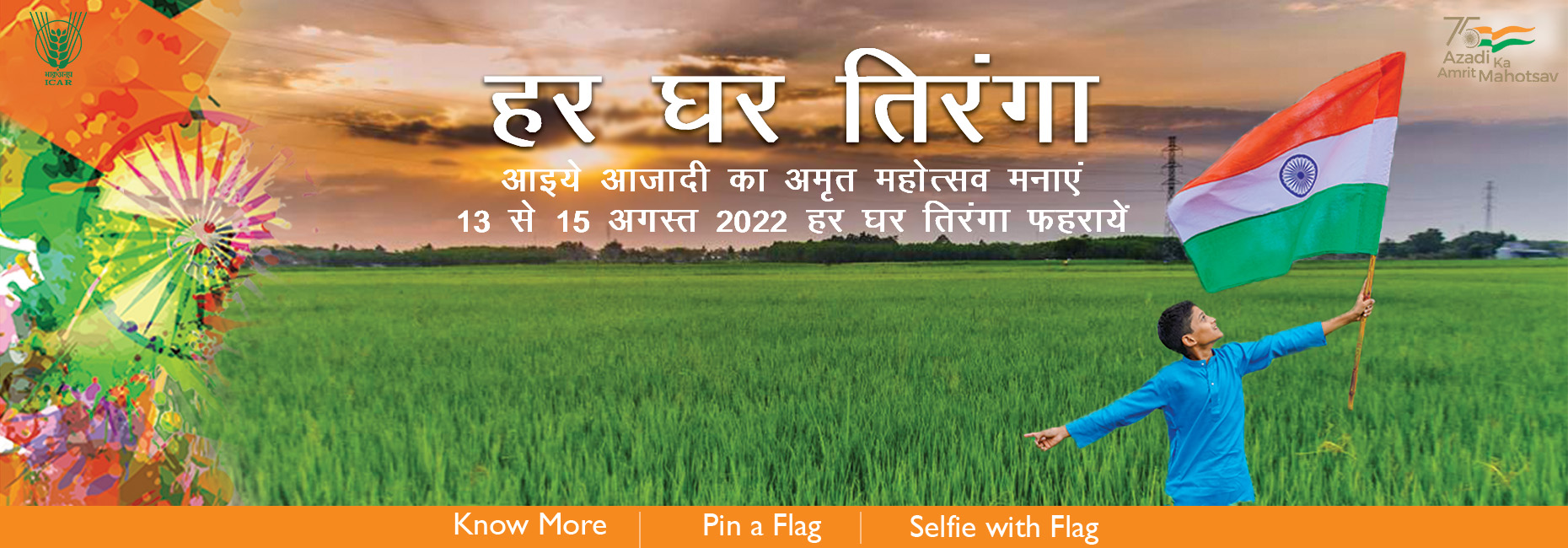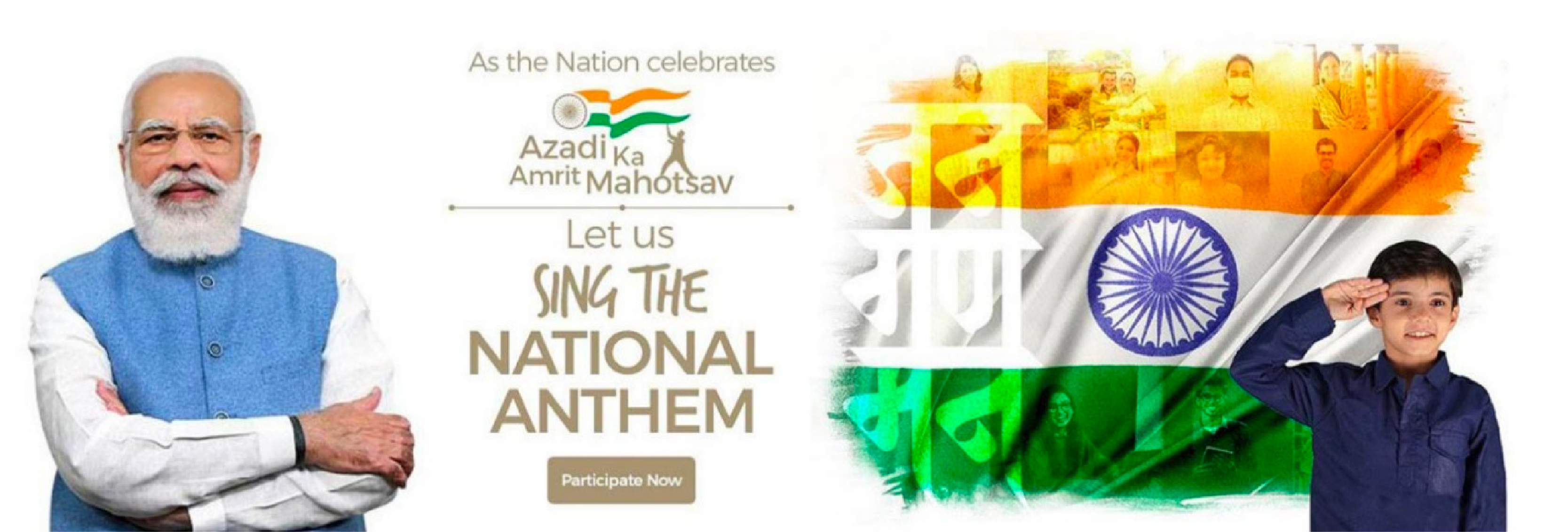जुलाई-सितंबर 2012
Gender issues are receiving increasing attention in the context of higher and inclusive agricultural development. The challenge we are facing is two fold: identifying context specific gender issues in agriculture and addressing them on priority through appropriate socio-economic, technological, and knowledge and policy-based interventions.
During the past few years, a great awakening has taken place at the global level on gender issues, their consequences and the need for an urgent action. The Global Conference on 'Women in Agriculture', held in March 2012, organized by the ICAR in collaboration with other stakeholders clearly reflected the concerns of global community on the issue. The Global Conference with national and international participants, discussed several issues of immediate and longterm importance under broad thematic areas of empowerment, drudgery, food and nutrition, market linkage, access to assets and resources, climate change, research, education, extension and policy, and identified critical areas of intervention for empowerment of women and addressing gender issues. Further, the conference could spread the message across the globe that would sensitize institutions and governments into action.
In India, the role of women, gender issues and the need for creating opportunities for women were recognized long ago by the planners and policy makers, as a result of which successive plans witnessed a number of programmes and mechanisms to address problems of women. The gender subject was implanted within the National Agricultural Research System (NARS) as an area of research in latter part of Eighth Five-Year Plan with the establishment of Directorate of Research on Women in Agriculture, at Bhubaneshwar. Now-a-days, institutionalization of gender in agricultural research has become both a necessity
and challenge. It is a necessity because there is pressure on research system to improve development effectiveness of research output including knowledge and technologies that should be targeted to a wider spectrum of clientele including women. It is a challenge because we need a shift in our approach to reorient agricultural research by incorporating and strengthening gender perspective both at the project and programme levels.
and challenge. It is a necessity because there is pressure on research system to improve development effectiveness of research output including knowledge and technologies that should be targeted to a wider spectrum of clientele including women. It is a challenge because we need a shift in our approach to reorient agricultural research by incorporating and strengthening gender perspective both at the project and programme levels.
Till date research interventions in National Agricultural Research System (NARS) largely focused on management and augmentation of agricultural production through new knowledge and technologies. As things are unfolding, women would be playing even greater role in Indian agriculture. With increase in rural-urban migration leading to shift in male workers out of agriculture, development of the sector would largely depend on the attitude, interest, knowledge base and capacity of women to manage the changes in agriculture. This suggests that our research output should be acceptable to and suitable for women.
India presents enormous diversity in agro-ecological, climatic and socio-cultural and economic situations which have made agriculture complex. Varying set of factors influence the prospects of agricultural growth in different regions differentially. All these have made women's role and participation diverse across systems. Moreover, the pace of change in different agric-systems and regions varies. Such changes must be systematically studied and understood and linked to dynamics of gender participation in agriculture. This will be useful not only for technology development but also for technology targeting as well.
Time has come for all institutions in NARS to take a pro-active move to make gender an in-built component in their research and extension interventions, as it is important for us to assess and communicate as to how research interventions would impact women, their family and agriculture in terms of direct and indirect, and intended and unintended impacts. Thus an additional dimension, i.e. gender
needs to be added to our research planning so that we can add value to our research and make research output contextually more appropriate. To find solutions to multi-dimensional problems, multi-disciplinary team approach is very essential. It is pre-requisite as we have to look at crossdisciplinary perspectives of the interventions. Moreover, agriculture has interdependence with other sectors as well. Changes in agriculture and the households are interdependent. It is imperative that whatever intervention is planned for agriculture should be assessed in terms of its implications for household and its members, both men and women. Therefore, even when we are planning research along commodity lines, there is ample scope to involve social scientists including home scientists, though in the very first instance it may not appear so logical.
Concerted efforts are therefore required to make the research and development (R&D) professionals gender sensitive and oriented to create an enabling environment for better appreciation and understanding the gender issues, and developing gender-encompassing R & D strategies, approaches and institutional convergence to attain sectoral, human development and other economic goals. In XII Five-Year Plan, the ICAR is contemplating to bring in institutional mechanisms to strengthen the gender component in agricultural research activities. Programmes would be worked out to demonstrate the utilities of gender research through partnerships with the ICAR institutions, Krishi Vigyan Kendras, and State Agricultural Universities. It is also an opportune time for the NARS institutions to look at the issue and initiate measures that can contribute to higher and gender-inclusive agricultural growth.







 कृषि अनुसंधान एवं शिक्षा विभाग
Department of
कृषि अनुसंधान एवं शिक्षा विभाग
Department of










